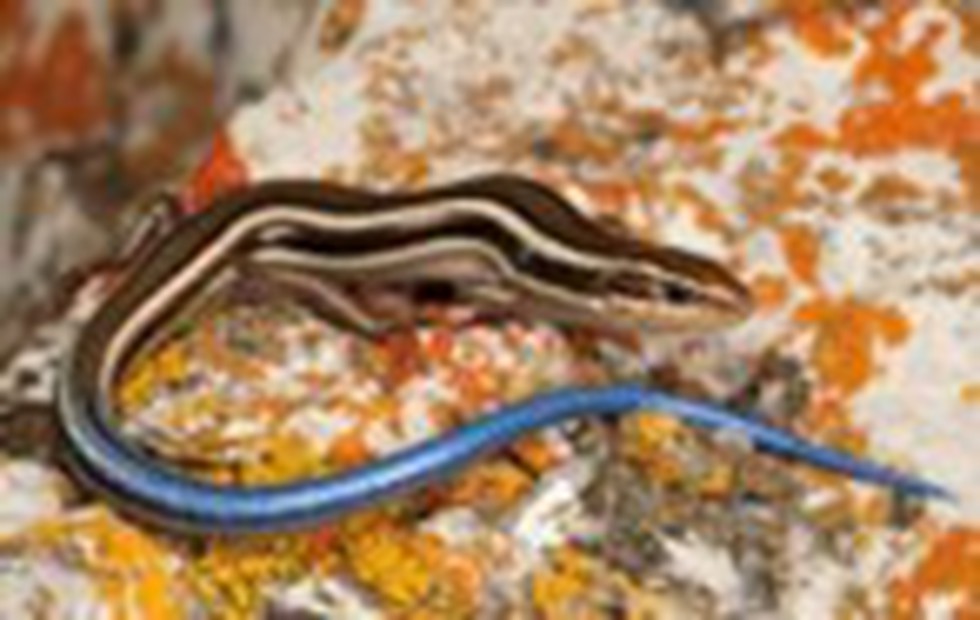A team of scientists led by renowned herpetologist Dr. Amanda Rodriguez has unveiled a fascinating revelation in the realm of reptilian biology. Through extensive fieldwork and genetic analysis, the researchers stumbled upon five distinct species of reptiles that exhibit a remarkable departure from the established norms of reproduction.
Traditionally, reptiles are known for laying eggs as a means of perpetuating their species. However, the newfound species, tentatively named as the “Viviparous Reptilia,” have rewritten the biological playbook. These reptiles, ranging from sleek serpentine forms to more robust lizard-like creatures, have been observed giving birth to live offspring.
Dr. Rodriguez, head of the research team, expressed her excitement about the unexpected findings. “This discovery challenges our long-held assumptions about reptilian reproduction. The ability to give birth to live young has been predominantly associated with mammals, but these reptiles have evolved a unique strategy, showcasing the remarkable diversity within the animal kingdom.”
The viviparous nature of these reptiles introduces intriguing questions about the evolution of reproductive strategies in different species. How did these reptiles develop this distinctive trait, and what advantages does it confer upon them in their respective ecosystems? These are just some of the puzzles that scientists are eager to unravel as they delve deeper into the study of these newfound species.
The implications of this discovery extend beyond the realm of academic curiosity. Understanding the diversity of reproductive strategies in reptiles not only contributes to our knowledge of evolutionary biology but also has potential applications in conservation efforts. As scientists continue to investigate these enigmatic creatures, the Viviparous Reptilia may become key players in unlocking the mysteries of life’s evolution on Earth.
